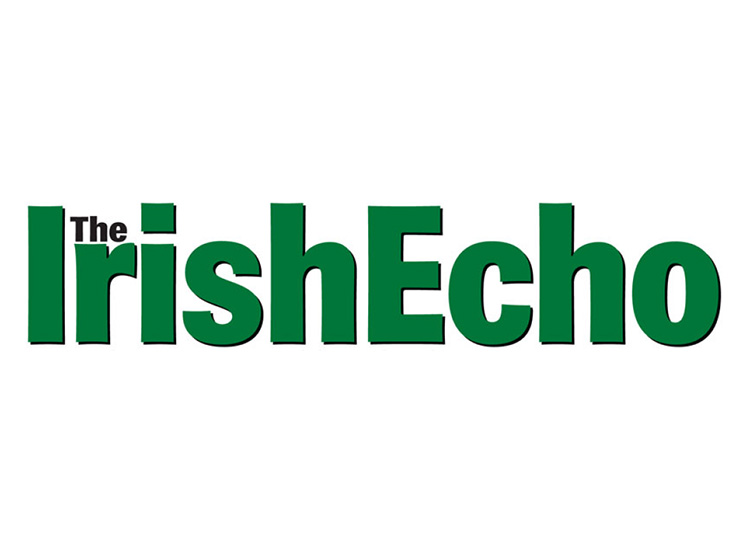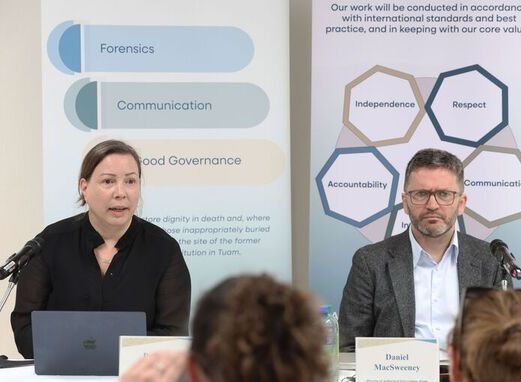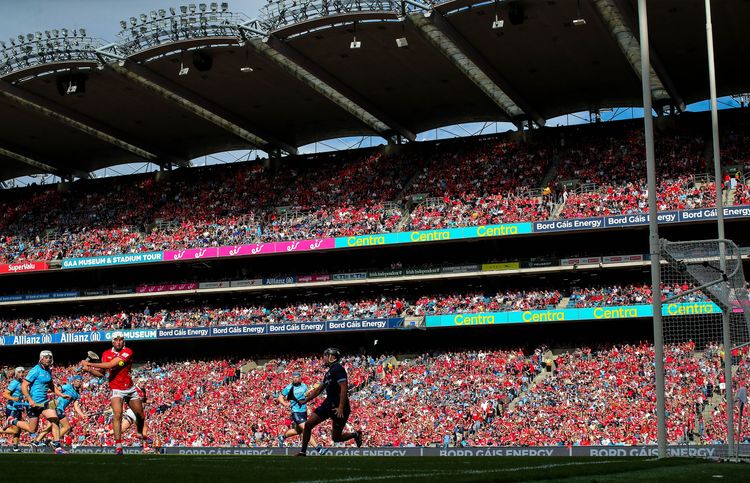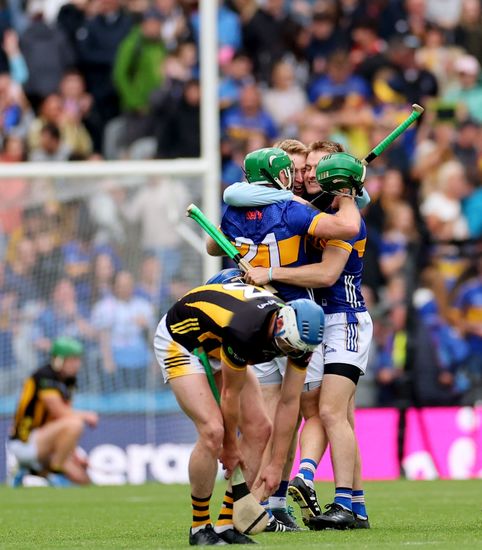Prof. Seamus Deane.
By Kevin Holohan
In a somewhat melodramatic introductory lecture, reminiscent of the law school TV drama “The Paper Chase,” someone (not Seamus Deane, I hasten to add) bid us look to our left and to our right in the 500-seater cauldron of University College Dublin’s Theater L and consider that one of those people would not be there the following year, such was the attrition and failure rate for First Year English. Still a little scarred by the “Discuss the use of imagery to show inner feeling with reference to two poems you have studied” drudgery of the Leaving Cert, I later sat in that packed amphitheater listening to Seamus Deane lecture, and at that point books and the world and the relationship between the two changed forever for me and I resolved to be one of those who would make it back for Second Year English in 1984.
To sit in one of Seamus Deane’s classes was to have a ringside seat to a person of great learning and razor-sharp intellect think out loud in front of you. We watched him take disparate strands of knowledge and weave them into a picture that demonstrated how literature was important, how through the ages it is the way we engage with and attempt to understand our times, often before the dust has settled enough for History to figure it out. This was the deep end of the pool, intellectually challenging and bracing, a little heady, a little intimidating. Deane’s deep learning was carried lightly and used not for display or ostentation but as a precise surgical tool to pull away the baked-on layers of accreted wisdom to reveal the many intricate connections between social, political and literary history, all of it delivered conversationally, almost ruminatively and peppered with his incisive, dry wit. It was inspiring and spellbinding.
Pity the poor neat note-takers with their tidy headings underlined twice in red: there were no bullet-pointed answers to be had; no easy signposts to “this will be on the exam.” He was not teaching us regurgitatable “facts”; he was giving us an interpretative superstructure, a set of reasons to read and a set of tools with which to do so. You could not sit in one of his lectures without feeling that literature was real, vibrant, political and essential. And it was not a narrow Irish view of things, it was an Irish perspective firmly located in the wider European and international intellectual tradition. Georg Lukács, Walter Benjamin, Edward Said - these were of a different kind, these new names that stilled our childish play. We too, were post-colonial and in the process or inventing – or reinventing - ourselves.
I think it is fair to say Seamus Deane molded an entire generation, showing us that literature was not just important but truly an essential part of any culture: political and inextricably of its own time and our understanding of it inextricably woven of and into our own times. These were indispensable and long-lasting skills he gave us.
Many of us left UCD intent on writing, sometimes struggling to quiet this literary-critical familiar sitting on our shoulders so we could figure out if we had anything of our own to say. And then, in 1996, came “Reading in the Dark,” a magnificent revelation. There had always been talk of a novel but I imagined it would be impossible for him to find the time and then he ups and produces one of the finest Irish novels of the last 50 years: a beautiful, poetic, haunting meditation on the quiet interior damage wrought by the Troubles. It is a book I have frequently returned to over the years and one I recommend to people with an almost evangelical zeal.
There are many other honors and achievements that could be listed for Professor Deane and others have already done an admirable job of that. A guiding star has fallen from the firmament. As one of the many who benefited from Seamus Deane’s tutelage I want to pay personal tribute to the man and give thanks for his enormous contribution to my own education and to offer condolences to his partner Emer, his son Conor, both of whom I was friendly with at UCD, and to his family, friends and colleagues. I hope that the knowledge that he so is so widely revered and fondly remembered for shaping and energizing a generation of engaged readers, writers, critics and thinkers offers some small consolation.
Kevin Holohan is the author of the novel “The Brothers’ Lot.”









